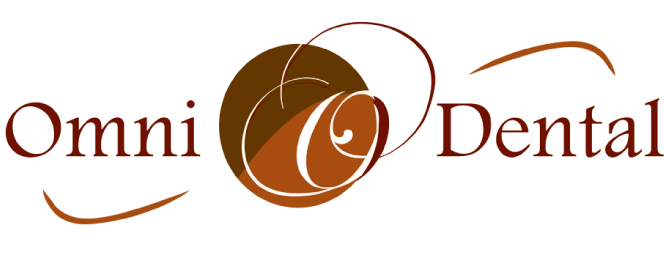How Pregnancy Affects Your Oral Health
PREGNANCY AFFECTS NEARLY every aspect of your life–your lifestyle, your diet, your health, and much more! Your mouth is no exception to the changes your body may experience during pregnancy. During this special time, you’ll need to pay particular attention to your oral health for both your sake and your growing baby’s.
You May Be More Prone To Dental Problems
One of the main concerns we have for expectant mothers is what we call pregnancy gingivitis. Around 40 percent of pregnant women have some form of gum disease–gingivitis being the first stage. Because of raised hormone levels during pregnancy, you may be more sensitive to dental plaque than before, causing your gums to be sensitive, swell and bleed. Studies have linked mothers with gum disease to premature delivery and lower birth weights.
In about five percent of pregnancies, women may experience lumps along the gum line and in between teeth. Luckily, these swellings are harmless and usually go away after baby is born. Even though these are known as “pregnancy tumors,” there is no need to be alarmed as they are not cancerous and can be easily removed by your dentist.
Morning sickness can also cause dental woes for expectant mothers. Pregnant women often complain of sensitive gag reflexes and even routine tasks such as brushing and flossing can induce vomiting. Exposure to acid, especially strong stomach acid, can lead to tooth enamel erosion, decay and sensitivity. After vomiting, we recommend rinsing your mouth out with a teaspoon of baking soda mixed with water to neutralize stomach acid and prevent any damage to teeth.
Protect Your Teeth During Pregnancy
To protect your teeth during pregnancy, one of your first stops should be the dentist’s office. If you are planning on getting pregnant, talk to your dentist beforehand so you can fix any dental issues before conceiving. And when you do find out that you are pregnant, don’t just go to your OB/GYN, make your way to the dentist’s as well!
Routine cleanings and checkups are safe during pregnancy, and as you may be more susceptible to certain dental problems at this time, getting frequent cleanings is a must. You will also need to be diligent about your oral hygiene at home. As always, brush at least twice a day and floss daily.
Another thing to remember is that your diet matters. Did you know that baby’s teeth start developing between the third and sixth months of pregnancy? You will need plenty of nutrients–specifically vitamins A, C and D, protein, calcium and phosphorous–to make sure their teeth, gums and bones develop properly.
Mothers, We Are Here For You
Pregnancy can bring with it a lot of change and responsibility, but we want our patients to know that we are here for you. We want to make sure that your dental health is taken care of so you can focus on preparing for your little one to come into the world. So whether you’re planning on becoming pregnant or already are, we’d love to see you in our office!
Our patients mean the world to us!
The content on this blog is not intended to be a substitute for professional medical advice, diagnosis, or treatment. Always seek the advice of qualified health providers with questions you may have regarding medical conditions.




